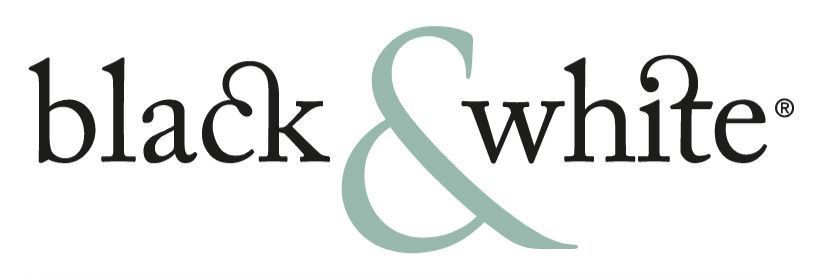
Interest Rate Options - Fixing or Floating
The common two interest rate options are ‘Fixed’ and ‘Floating’. You have the option of using one or mixing it up with both.
Fixed interest rate loans
With a fixed rate home loan the interest rate you pay is fixed for a period of six months to five years. At the end of the term, you can choose to re-fix again for a new term or move to a floating rate.
Advantages:
- You know exactly how much each repayment will be over the term.
- Lenders often compete with fixed rate specials.
- You can lock in lower rates if market interest rates are rising.
- Disadvantages:
- Fixed rates often have limits on how much you can lift repayments or make lump sum payments without paying charges.
- If you take a long term, there is a risk floating rates may drop below your fixed rate.
- If you choose to sell your property and/or break your fixed loan you may be charged ‘break fees’.
Capped rates are a variation where the interest rate can’t rise, but will drop if floating rates drop below the capped rate.
Floating rate (or variable rate)
Lenders of floating rate loans will lift or lower the interest rate as interest rates in the wider market change, normally linked to the Official Cash Rate (OCR). This means your repayments may go up or down.
Advantages:
- You have greater flexibility to make changes without penalty, such as paying off the loan early or changing the loan term.
- It’s easier to consolidate other costlier debt into floating rate loans by borrowing more.
- Disadvantages:
- Floating rates have historically been higher than fixed rates.
- When rates go up the repayments also go up, putting a squeeze on your budget.
A mix of fixed and floating
You can split a loan between fixed and floating rates. This lets you make extra repayments without any charges on the floating rate portion.
Splitting your loan can give you a balance between the certainty of a fixed rate and the flexibility of a floating rate. How much of your loan you have in each portion depends on which of these is more important to you.
